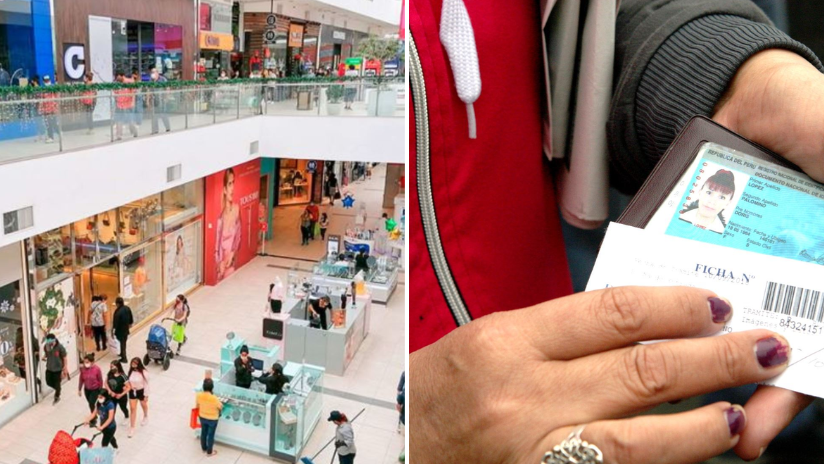
In Peru, it is common for supermarkets and other businesses to request the ID number at the time of paying. Although many people deliver this data without hesitation, it is important to understand when it is really mandatory and what implications you have to share this information.
According to the Sunatonly in purchases greater than 700 soles it is mandatory to provide the ID, since the tax regulations require identifying the buyer for fiscal purposes. Discover in what other cases it could be requested and if necessary in other types of transactions.
Shopping centers can request DNI when paying: In what cases does it apply?
Not there is a regulation that requires it in all cases, many businesses request the ID without legal justification. According to Chrysologist Cáceres, President of Aspecsome companies collect this information to analyze the purchase habits of their customers, which allows them to adjust their advertising and promotions strategies according to their preferences and purchasing capacity.
However, if the purchase is less than 700 soles and the customer does not need proof for tax purposes, it is not obliged to provide its DNI. In these cases, the document request could be considered unnecessary and expendable.
Is it risky to deliver my ID when buying in supermarkets?
Share the DNI number With any trade you can represent a risk for the safety of personal data. Unlike an email or a telephone number, the DNI is a permanent and unalterable identifier, which makes it vulnerable to improper uses, according to Crisologist Cáceres.
One of the most common dangers is the sale of databases to third parties, which can lead to invasive marketing campaigns and even Fraud. In more serious situations, this information could facilitate crimes such as the impersonation of identity, so it is essential that citizens be cautious when providing their document.
Should I deliver my ID when making a purchase?
In accordance with current regulations, consumers are not obliged to present their DNI In purchases smaller than 700 soles, unless they require the transaction to be considered for income tax purposes. Only in acquisitions that exceed that amount, businesses may demand customer identification.
What is the ID?
He DNI (National Identity Document) It is an official document that certifies the identity of a person within a country. In many countries, such as Spain and Argentina, it is mandatory and contains personal information such as the name, surname, date of birth, photography and unique identification number.
In addition, in some cases, the DNI also serves to carry out administrative, banking procedures and exercise the right to vote. Its equivalent in other countries may be the identity card or passport.
Follow the Republic at WhatsApp! Join our channel from your cell phone and receive the most important news from Peru and the world in real time.
Source: Larepublica
Alia is a professional author and journalist, working at 247 news agency. She writes on various topics from economy news to general interest pieces, providing readers with relevant and informative content. With years of experience, she brings a unique perspective and in-depth analysis to her work.











